Word came over Father’s Day weekend that Jay-Z was set to release his next album, 4:44, at month’s end. Maybe he wanted to wait until his and Beyoncé’s twins were born before immediately stealing the spotlight for himself, maybe his album’s entry into the world was going to happen no matter when his children’s occurred.
Anyway, I was all ready to use the news of Hova’s forthcoming release as an entry point to writing about the year in music. We’re nearing 2017’s halfway point, and Jay’s album is one of a handful that have me excited for what’s still to come before the year’s out.
But then, I saw that 4:44 will be a Tidal exclusive, meaning that only subscribers (including Sprint customers, who get access to Tidal through their phone plans) will be able to access it.
Sigh.
This kind of exclusive access is not new, and it’s not unique to Mr. Knowles, though Jay did make his last album, Magna Carta Holy Grail, available for free to Samsung customers four days before its general release in 2013.
Kanye West’s The Life of Pablo was a Tidal exclusive last year, though it eventually came to other streaming services. Chance the Rapper’s Coloring Book was exclusive to Apple Music for a few weeks before hitting Spotify, Amazon Unlimited, Google Play Music, etc. For what it’s worth (and they must have determined that it isn’t worth much), neither of those albums can actually be purchased, even digitally.
Deals like these may make financial sense for the artists (perhaps doubly so for Jay-Z, since he actually owns part of Tidal – along with Sprint, naturally) and any number of corporate overlords desperate to sink their claws into the key demographic of youngish people with ears.
But it sucks for those aforementioned ear-havers.
‘Cause I can’t tell you how far my enthusiasm levels fell in the two minutes between “Jay-Z’s got a new album coming!” and “Oh, I’m probably never going to hear it!” (Hint: it fell a whole, whole lot.)
As a fan, it’s hard not to be cynical when artists and corporations get in bed together in such an un-subtle way. And before you explain that art has essentially been bankrolled by wealthy investors since art graduated from its spot on cave walls, I’ll point out that those arrangements rarely produced work that was then forcibly withheld from a huge percentage of the population. That’s because, until recently, it’s made absolutely no financial sense to limit fans’ access to their favorite artists’ work.
But now it does. Or, at least, it can. Album sales are no longer a substantial enough source of money for musicians, so they’re trying to find ways (in addition to touring extensively) to boost their earnings. For them, these exclusive deals are no-brainers. As Chance the Rapper noted last year, taking an up-front payment from Apple for exclusive rights to Coloring Book helped him make the record he wanted to make, while not being forced to sell it to recoup the money.
Ultimately, I guess, artists are convinced that fans will find a way to listen to their music, no matter how many paywalls or subscription fees its hidden behind (either that or they just don’t care very much). And whereas being associated with a commercial brand would have, at one time, led to cries of “sell-out!” from fans, these days it’s more likely to confer an aura of cultural savvy and vision (unless you’re U2 and you’ve secretly infected millions of cell phones with your latest album).
But for an old-timer like me who actually wants to pay artists he enjoys listening to in exchange for the privilege of sticking their lives’ work in my ears, this brave new world is nothing short of exhausting. I was really, really looking forward to The Life of Pablo, but its early Tidal exclusivity meant that I’d almost forgotten about it by the time it finally showed up on other services. Same for Coloring Book (which is doubly a shame, since I love that album, but couldn’t figure that out for myself for like two months).
And, since I have no plans to switch to Sprint or leave my current (and less expensive) music provider any time soon, it looks like I’ll be in the same boat when it comes to 4:44.
I don’t fault musicians for striking a financially sensible deal with a corporate partner. But that doesn’t mean I think what’s good for the artist is always good for fans. I can imagine a future where, instead of record labels, artists belong to one streaming service or another, and if we want to hear artists from different services, we’ll have to subscribe to all of them. The model isn’t entirely foreign, as anyone who wants to watch American Gods, The Handmaid’s Tale, Game of Thrones, Catastrophe, House of Cards, and Better Call Saul can tell you.
Somebody’ll at least tell me if the album is any good, right? Not that it makes much difference, but it’ll still be nice to know.


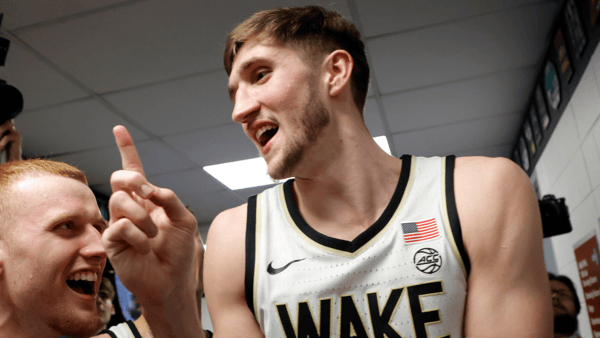
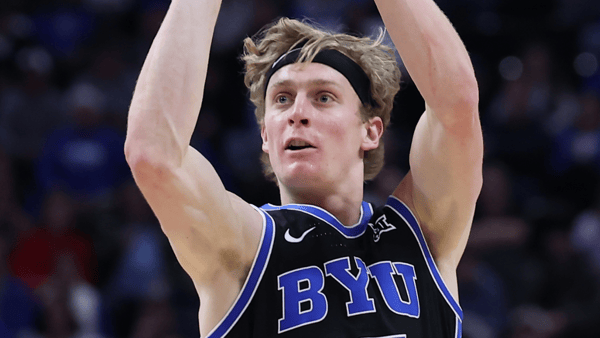
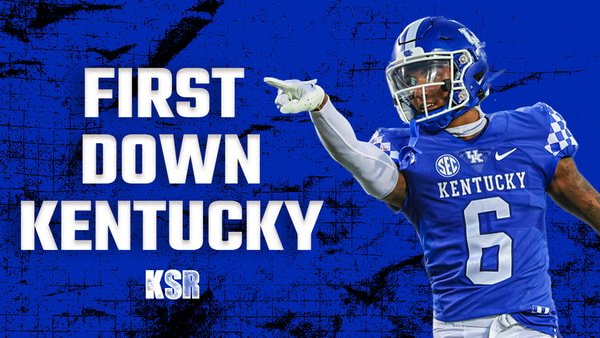
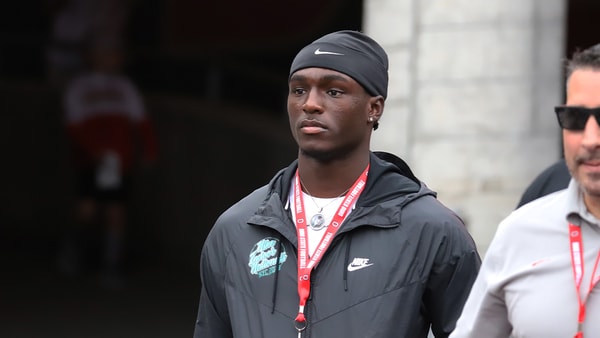

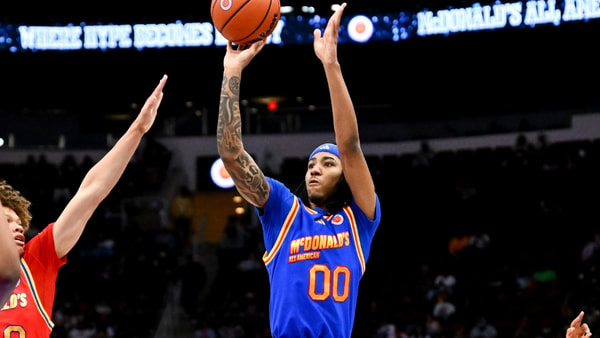
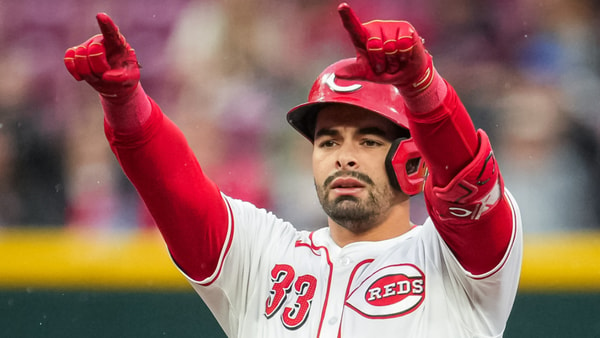
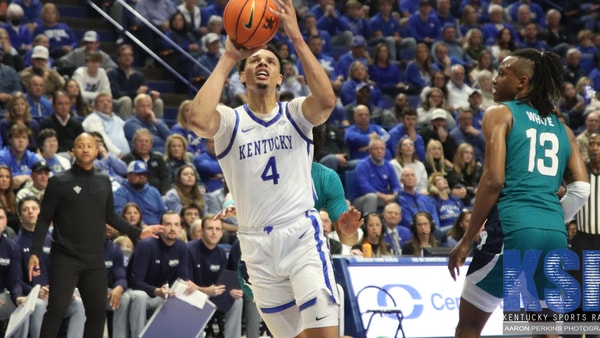
Discuss This Article
Comments have moved.
Join the conversation and talk about this article and all things Kentucky Sports in the new KSR Message Board.
KSBoard